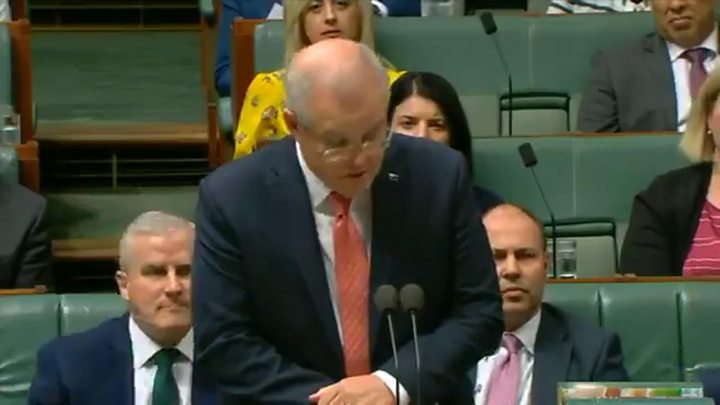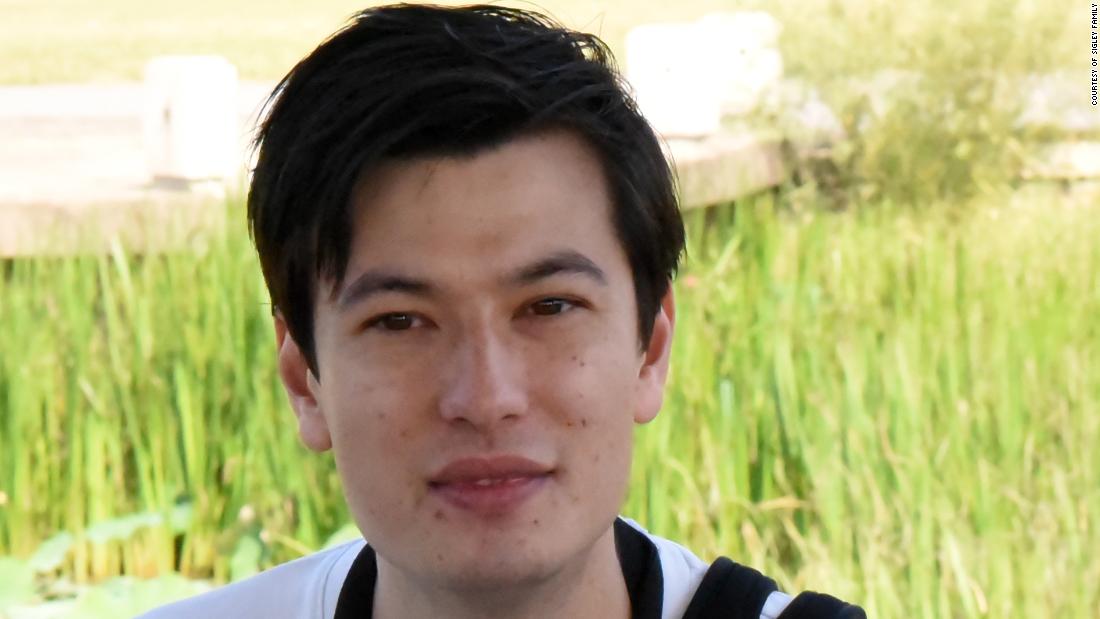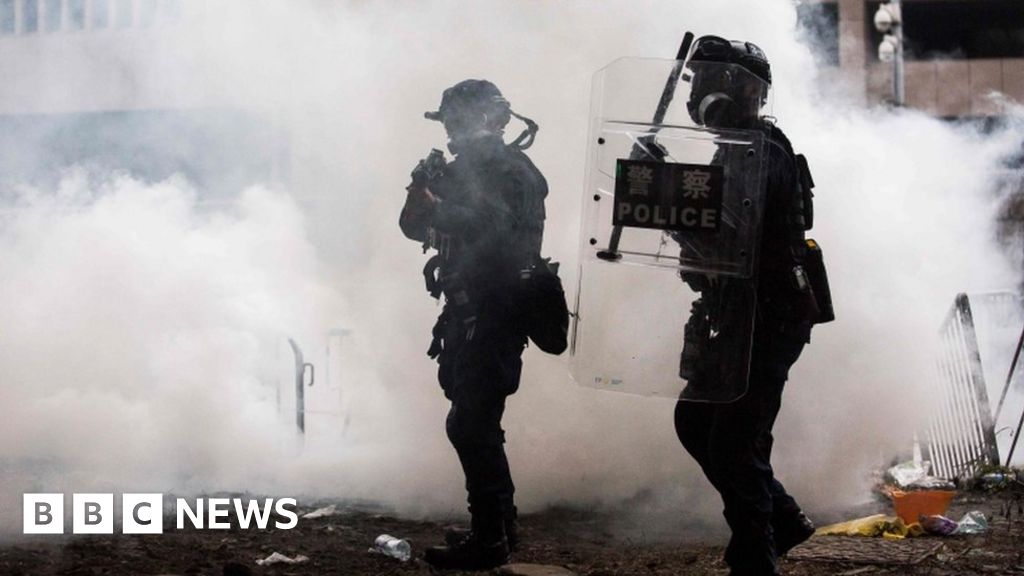
LONDON — The authorities in Gibraltar on Thursday detained a supertanker that they said was carrying crude oil to Syria, a violation of European Union sanctions against Syria.
Spain said the vessel had been detained at the request of the United States, and Iran summoned the British ambassador over what a Foreign Ministry spokesman called an “illegal” seizure. American and British officials had no immediate response on Thursday.
Shipping experts said that the tanker, the Grace 1, appeared to be carrying Iranian cargo in the Strait of Gibraltar, in an apparent attempt to circumvent United States sanctions imposed by President Trump to choke off Iran’s exports of oil and petrochemical products.
Companies that monitor international shipping say that the vessel turned off its electronic tracking devices as it sailed into Iranian waters, then turned them on again after leaving — a tactic often used to evade the sanctions, though ships can still be followed through satellite photography.
The government of Gibraltar, a British territory contested by Spain, declined to comment on the cargo’s origin, but addressed its destination.
“We have reason to believe that the Grace 1 was carrying its shipment of crude oil to the Banyas Refinery in Syria,” Fabian Picardo, chief minister of Gibraltar, said in a statement. “That refinery is the property of an entity that is subject to European Union sanctions against Syria.”
Spain’s acting foreign minister, Josep Borrell, told Spanish news media that the oil tanker had been seized following “a request from the United States to the United Kingdom.”
Mr. Borrell, who is set to take over as the European Union’s foreign policy chief, said that the Spanish government had been kept informed about the seizure, and would study whether it violated its territorial water claims. Spain does not recognize Britain’s sovereignty over Gibraltar, which dates to a 1713 treaty.
“We’re looking at which way this affects our sovereignty, in as far as it took place in waters whose sovereignty we understand to belong to Spain,” Mr. Borrell said, according to the Europa Press news agency and other news reports.
A spokesman for the Iranian Foreign Ministry, Sayed Abbas Mousavi, said in a post on Twitter, that Britain’s ambassador to Iran, Rob Macaire, had been summoned to the Iranian Embassy over the seizure of the vessel.
The British Foreign Office had no immediate response on Thursday afternoon. The United States National Security Council also did not immediately respond to a request for comment.
Samir Madani, a co-founder of TankerTrackers.com, which follows maritime traffic using satellite data, said the ship was anchored near the Iranian oil terminal at Kharg Island in the Persian Gulf in mid-April. Later, he said, it sat deep in the water, indicating that it was carrying oil from Iran.
The tanker, which exceeds the size limits for the Suez Canal, sailed around Africa to reach the Mediterranean, ending up in Gibraltar for unexplained reasons.
“For some odd reason they decided to go to Gibraltar,” Mr. Madani said.
Various shipping websites list the tanker as a 300,000-ton vessel more than 1,000 feet long, built in the 1990s and flying the flag of Panama.
https://www.nytimes.com/2019/07/04/world/middleeast/oil-tanker-gibraltar-syria-iran.html
2019-07-04 14:26:15Z
52780326163946



